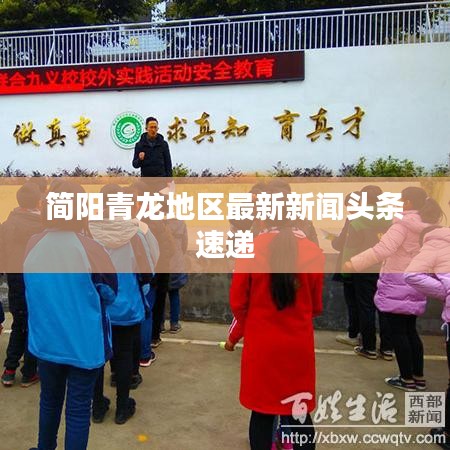<!DOCTYPE html>
<html lang="en">
<head>
<meta charset="UTF-8">
<meta name="viewport" content="width=device-width, initial-scale=1.0">
<title>Only Halt the Ongoing Growth of Needs</title>
</head>
<body>
<h1>Only Halt the Ongoing Growth of Needs</h1>
<h2>Introduction to the Paradox of Needs</h2>
<p>The concept of human needs is as ancient as humanity itself. From the basic physiological needs like food, water, and shelter, to the psychological needs for love, belonging, and self-esteem, the human experience is defined by the pursuit of these needs. However, as society progresses and human capabilities expand, so does the list of needs. This article explores the paradox of unending needs and the imperative to halt their continuous growth.</p>
<h2>The Nature of Human Needs</h2>
<p>Human needs are not static; they evolve with time and circumstance. What was considered a basic necessity in one era may be seen as a luxury in another. The industrial revolution, for example, led to the growth of needs beyond the immediate survival of individuals and families, including the desire for entertainment, travel, and material goods. As technology advances, our wants and needs expand accordingly, leading to an ever-growing list of desires that we seek to fulfill.</p>
<h2>Economic and Environmental Implications</h2>
<p>The relentless pursuit of more, better, and faster has significant economic and environmental implications. Economically, it drives consumerism, leading to increased production and consumption, which in turn generates wealth but also strain on resources. Environmentally, the growth of needs contributes to pollution, deforestation, and the depletion of natural resources. Halt the ongoing growth of needs is essential for a sustainable future.</p>
<h2>Societal and Psychological Effects</h2>
<p>At a societal level, the endless pursuit of needs can lead to social inequalities and dissatisfaction. The gap between the haves and have-nots widens as some individuals or groups fulfill their needs at the expense of others. Psychologically, the continuous growth of needs can lead to anxiety, depression, and a general sense of unfulfillment, as no amount of material wealth or status seems to be enough to satisfy the ever-growing list of desires.</p>
<h2>The Role of Education and Awareness</h2>
<p>Education and awareness are key in halting the ongoing growth of needs. By teaching individuals about the finite nature of the world's resources and the importance of sustainable living, we can encourage a shift in mindset. Emphasizing the value of contentment over constant consumption can help people realize that true happiness does not lie in the accumulation of goods but in the fulfillment of basic needs and the pursuit of meaningful experiences.</p>
<h2>Policy and Economic Measures</h2>
<p>Policy and economic measures are also crucial in addressing the issue. Governments can implement regulations that promote sustainable consumption and discourage unnecessary production. Economic incentives can be used to encourage businesses to adopt more sustainable practices. By creating a market that values quality over quantity, we can begin to reverse the trend of ever-growing needs.</p>
<h2>Cultural Shifts and Values</h2>
<p>Cultural shifts in values are equally important. A shift from materialism to mindfulness can alter the collective mindset. By promoting values such as gratitude, simplicity, and environmental stewardship, societies can begin to redefine what constitutes a fulfilling life. Cultural narratives that celebrate frugality, community, and the joys of life's simple pleasures can replace the dominant narrative of endless acquisition.</p>
<h2>Conclusion</h2>
<p>In conclusion, the continuous growth of needs is a challenge that faces humanity as it progresses. By understanding the economic, environmental, societal, and psychological implications of unending desires, we can take steps to halt this growth. Through education, policy, cultural shifts, and a reevaluation of what truly matters in life, we can create a world where basic needs are met and where the pursuit of happiness is not tied to the accumulation of material goods.</p>
</body>
</html>转载请注明来自祥盛工程材料厂家,本文标题:《只有遏制不断增长的需要,只有 不断壮大 》












 鲁ICP备20033124号-2
鲁ICP备20033124号-2
还没有评论,来说两句吧...